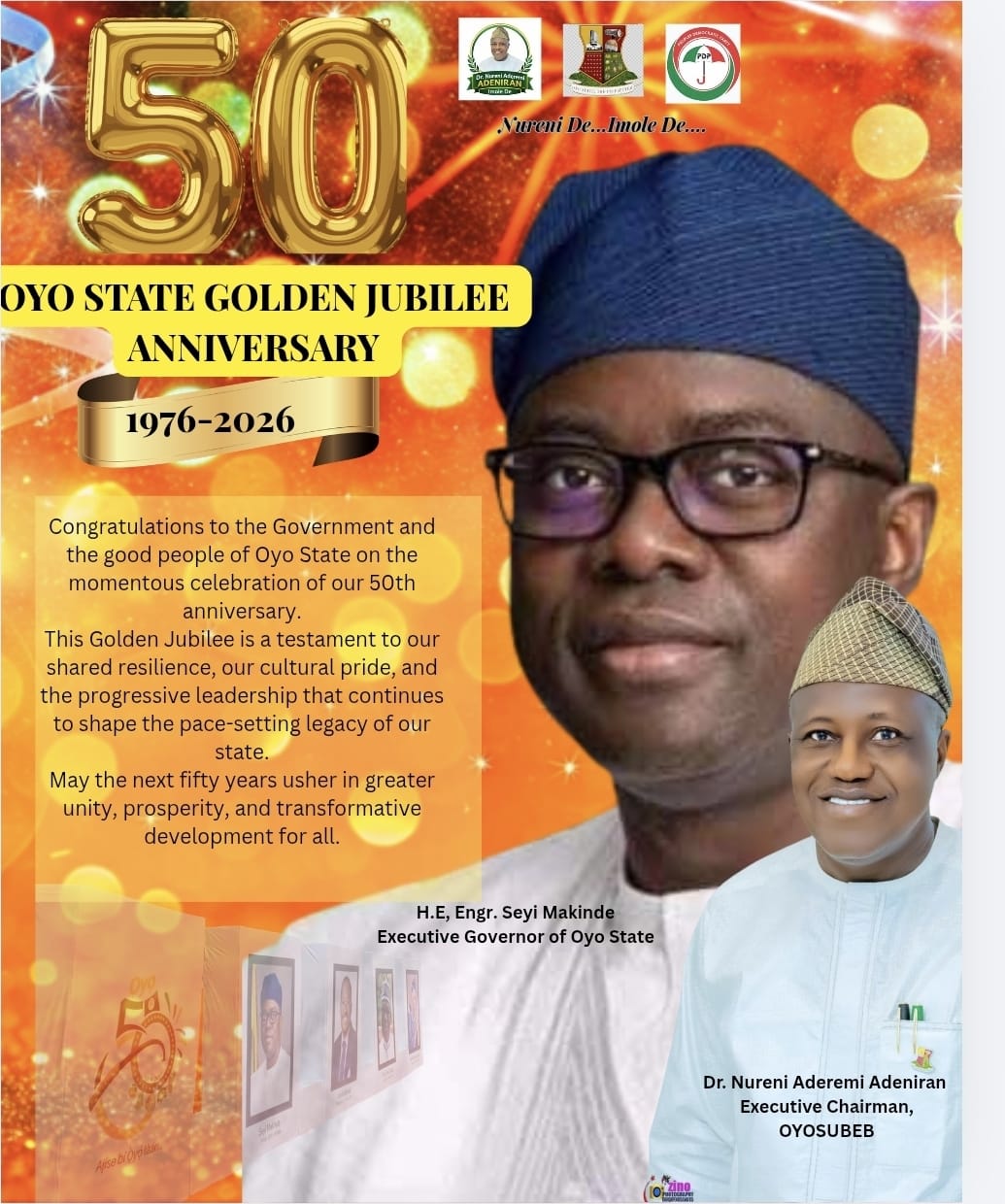A Professor of History from the University of Ibadan, Olutayo Charles Adesina has attempted to provide answers why the ‘Fulani Question’ has continued to remain topical in the present-day Nigeria.
According to the university don who also happens to the elder brother of President Muhammadu Buhari’s spokesman, Chief Femi Adesina “the Fulani people have remained the most pampered in the history of Nigeria”.
The don gave these submissions while featuring on a weekly Radio Show, Parrot Xtra Hour on Radio anchored by Olayinka Agboola and broadcast live on the Broadcasting Corporation of Oyo State’s Oluyole 98.5 FM Ibadan, the state’s capital on Monday evening.
The don said that it should not be surprising to anyone that almost all the other tribes are against the Fulanis because of the general belief that the group is being ‘favored and pampered’.
Adesina submitted that this was not created by the President Muhammadu Buhari led-Administration but as a result of the administrative deficiency and favoritism on the part of Nigeria’s British Colonial Masters.
He said further that the problem started when the colonial administration created cattle routes from the North to the South, which led to the ‘grabbing’ of lands from the original and indigenous owners thereby causing disaffection between those affected and the Fulanis.
He stated that the British Colonial government pampered the Fulanis through the indirect rule system practiced in the North, which led to the immediate success of the practice there.
He said, “The British did not take away their privileges, and when you retain certain privileges, you appear invincible while in the South some of our traditional rulers were rough handled by the Colonial Administrators”.
He described the relationship between Fulanis and Yorubas specifically as ‘age long’ dating back to years before 1800. He said that the Fulanis migrated across the Sahara to settle down among the Yorubas.
He said there was an existing symbiotic relationship between Yoruba farmers and the Fulani herdsmen that was bilateral – where goods and products were exchanged while adding that the significant point of the relationship was the period when the Yoruba farmers invited the Fulanis to their farms after the harvesting of their farm products in exchange for manures via cow dung.
According to him “Over the centuries, we have seen the relationship between the herdsmen who came from across the Sahara, to Yorubaland and at the beginning of the raining season, they moved back to the edge of the Sahara. It was the farmers that used to invite the Fulani herdsmen after harvest to come to their farms so that the cattle dung will serve as manure for the farmers”.
He, however, opined that political, population, religious pressure can be said to be responsible for the frequent skirmishes among the two tribes.
“Our people in the South West of Nigeria really need to study their neighbors and understand them. Specifically, I do not think we Yorubas understand the Fulanis. They look fragile, harmless and friendly. But we really need to understand them. I will not say more than that.”
While answering a question on the issue of the South West Security Network Codenamed Amotekun, he described the establishment of the security outfit as a good development.
He commended the concerted efforts of the governors in the six South Western states for giving the people a sense of security. He added that the teething problems being encountered by the security outfit at the initial stage will be not last for long.
The Professor, however, charged the Governors to provide more support for the security outfit in order for them to perform their assigned duties better.
When asked about the continued non-prioritization of the study of History as a subject in Nigerian secondary schools specifically, the Professor responded “we have never stopped agitating that History as a subject to be studied in schools should be given top priority. The attitude of successive administrations to this is disappointing. This is why our culture and value systems are being eroded.
“Because if you do not know where you are coming from, you will not know where you are and you will not be able to plan for where you are going. The future of the country is being affected by this. Even our children are not interested in knowing their history any more. And without a sense of history, there is no sense of mission or direction.”























